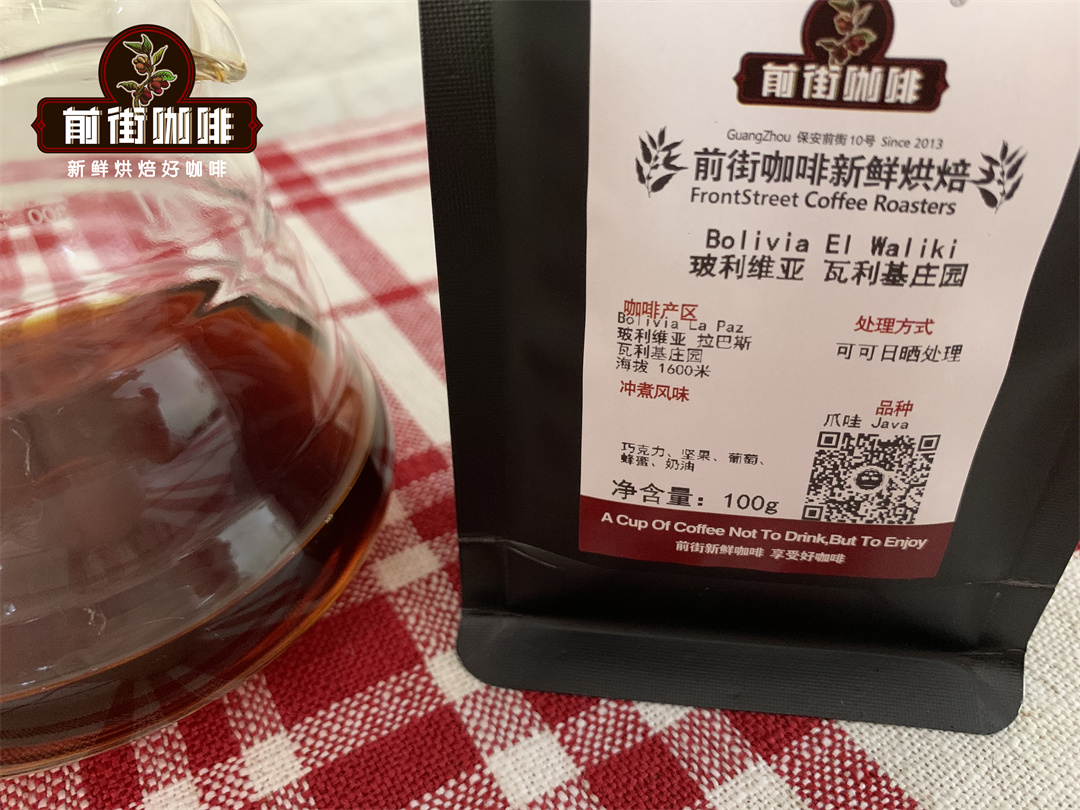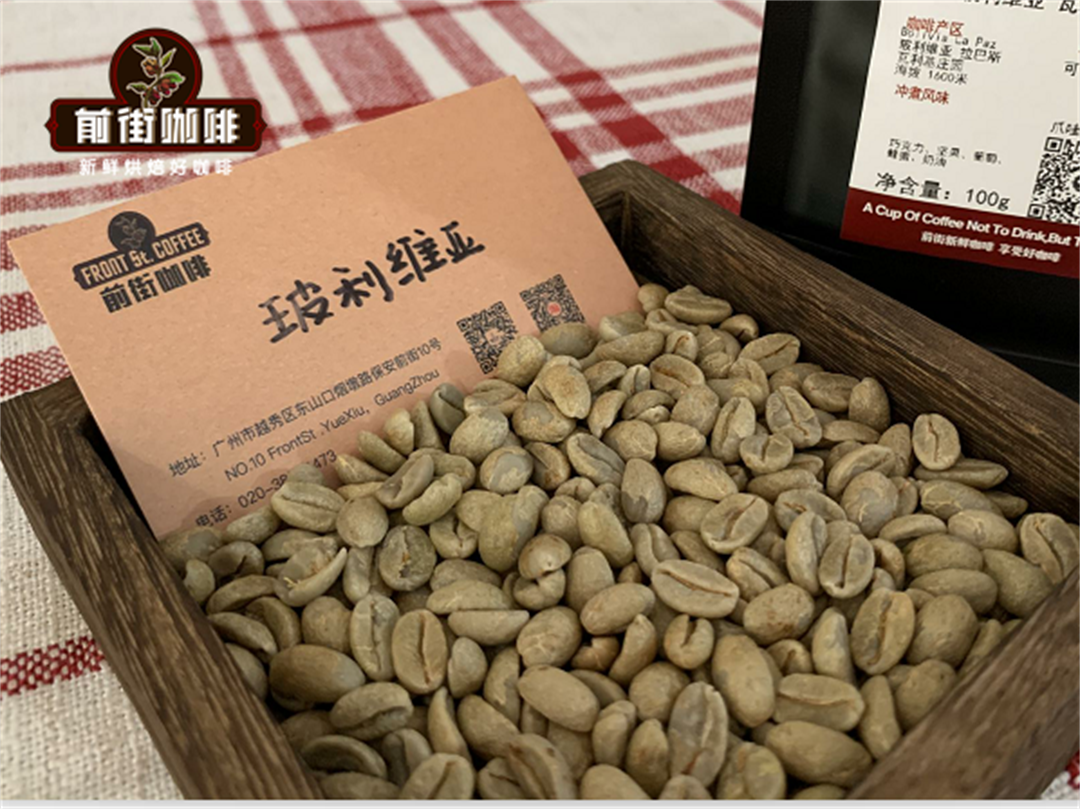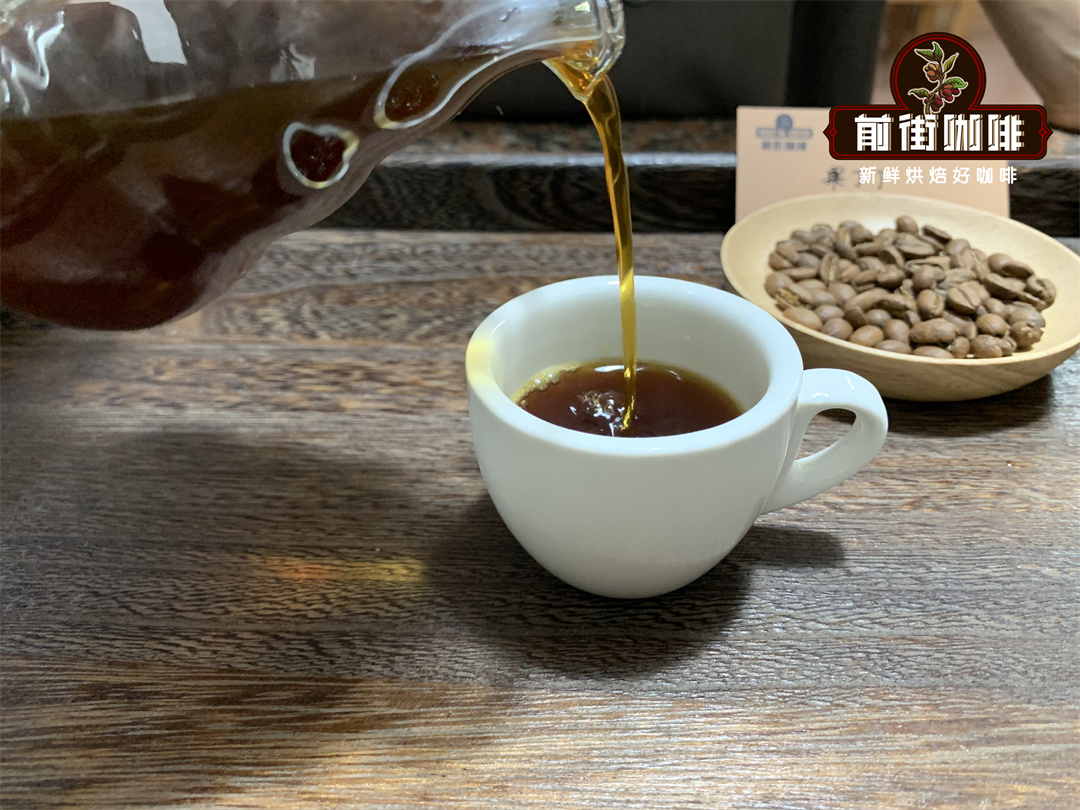The third new wave of Bolivian coffee boutique coffee flavor story
Mauricio Ramiro Diez de Medina won the last Excellence Cup in Bolivia in 2009. From the financial industry, he fell in love with coffee at the turn of the century and made a great contribution to the development of boutique coffee in Bolivia. In 2012 he opened the roaster boutique, the first and third wave of cofi stores in Bolivia.
A small OON with a little knowledge of other baking and specialty stores opens a large La Paz opposite. With them, a new actor entered the scene: the barista. When young and enthusiastic baristas choose to stay in the industry, it is because they are passionate about the final product. Mauricio sees potential and wants to make sure baristas start with their right foot. Baristas can turn high-quality coffee beans into bad coffee in seconds, he said in this interview. He brought contestants from the World Barista Championships to train his staff, and Bolivia had the first SCA-certified baristas in 2016. Thorium is the line segment of the industry that only continues to grow, with more and more roasteries and cafes opening every year.
Inspired by the new cafe, young Bolivians have become addicted to the specialty coffee of everything. Although more and more coffee is given to them by roasting and brewing their own passion-although they may not have enough investment funds in the city of roastery, many of them are in Yungas plots. This is how coffee-producing countries revive coffee production: urban children return to the countryside to start growing. With Japan as a new coffee producer, we look forward to seeing a significant increase in the Coffee harvest in the next few years, starting to produce fruit three or four years before coffee shrubs are planted in Bolivia.

And for the first time, new growers' greater dedication to quality now matches the government's interest in coffee crops. Bolivia is now providing federal support and strategic planning for the sector. The "Taza Presidencial" competition, a regional competition for cupping, means replacing the still inactive COE, which has been taken annually since 2015. After meeting with former President Evo Morales in 2017, the national strategy for comprehensive sustainable development, now including coffee trumpet, is strategic research with its scenic spots set to increase production, reach the annual coffee target of 2 million bags, and find new markets.
In addition, farmers finally have access to the information they desire, largely due to the increase in Internet access. In a world of constant communication, Bolivian producers are finally able to participate in the global coffee community.
The quality of Bolivian Coffee Age
In 2015, Felix began working with cooperatives such as San Juan. Although Coop has been established for more than 15 years, they have not exported coffee for several seasons and are in danger of disbanding. With his experience in COE competitions and his commitment to continuous improvement, Felix began to implement strict quality control practices for all the coffees he worked with. E is often tested and rated as d, and the producer will receive feedback after each harvest. He noticed that one of the best ways for producers to continue to improve is to add a little competition in the mix and rank each other, not just score. The best scorer is asked to keep their ranking next year, while the producers at the bottom feel they want to climb to the top of the rankings.
Everything is ready for success: Bolivians are returning to the coffee industry after a long recession. People who choose to join the workforce are usually young and educated, and most importantly, they understand the importance of high-quality raw coffee to the last cup. They are committed to further training-there are now many SCA certified baristas, and Bolivia has just held its first coffee processing CQI course. With the return of the national baristas and cup testing competition, Bolivian coffee professionals can't wait to send their first champion to the World Barista Championships. Domestic consumption is also increasing-Bolivian consumers are becoming more and more picky with the opening of professional bakeries.
Important Notice :
前街咖啡 FrontStreet Coffee has moved to new addredd:
FrontStreet Coffee Address: 315,Donghua East Road,GuangZhou
Tel:020 38364473
- Prev

Bolivia Arachitas Estate Cocoa Sun-baked Kadura Coffee Flavor Characteristics
Bolivian coffee is just beginning to make a name for itself in the world of specialty coffee. Once considered a producer of low-quality coffee, suited only to blend roasts, Bolivia is struggling to change its image, one bean at a time. In Bolivia, fine coffee is grown at altitudes of 1,200 to 2,000 meters above sea level, mainly (
- Next

The characteristic story of boutique coffee in the Yegashefiguji producing area of Ethiopia
For most coffee lovers, Ethiopia Yegashafi is always the right place, an attractive place for coffee, the coffee itself is overwhelmingly fragrant, and their taste is so different. The scenery of Ethiopia comes from some of the most famous flavor descriptions in the coffee industry (blueberry, Mo).
Related
- What brand of black coffee is the most authentic and delicious? what are the characteristics of the flavor of the authentic Rose Summer Black Coffee?
- Introduction to the principle and characteristics of the correct use of mocha pot A detailed course of mocha pot brewing coffee is described in five steps.
- Which is better, decaf or regular coffee? how is decaf made?
- How much is a bag of four cat coffee?
- How about four Cat Coffee or Nestle Coffee? why is it a cheap scam?
- Which is better, Yunnan four Cats Coffee or Nestle Coffee? How about cat coffee? is it a fake scam? why is it so cheap?
- How about Cat Coffee? what grade is a hoax? which instant coffee tastes better, four Cat Coffee, Nestle Coffee or G7 coffee?
- Process flow chart of coffee making-Starbucks coffee making process what coffee tastes good at Starbucks
- The top ten best coffee beans in the world Rose summer coffee or Tanzanian coffee tastes good
- Yunnan four cat coffee is good to drink?_four cat coffee is a big brand? four cat blue mountain coffee is fake?

